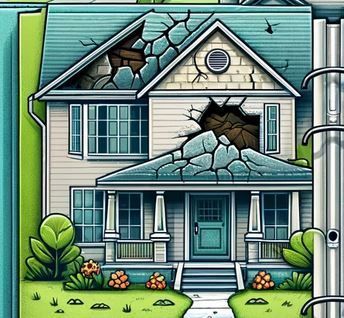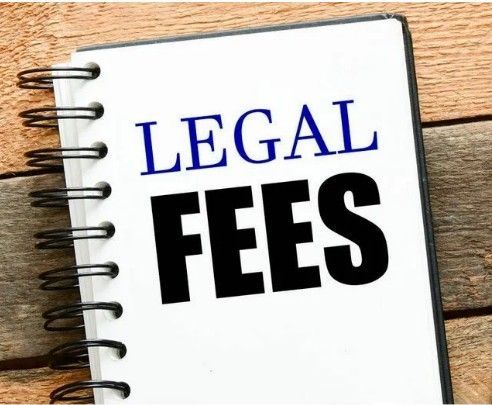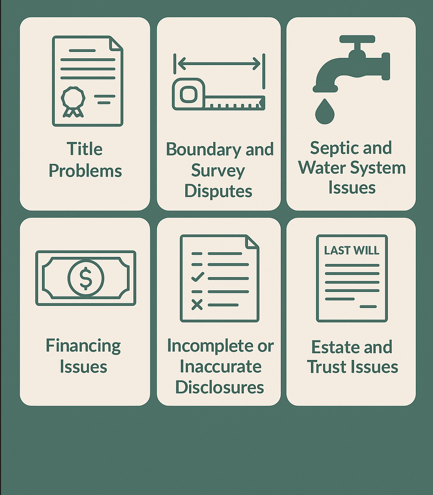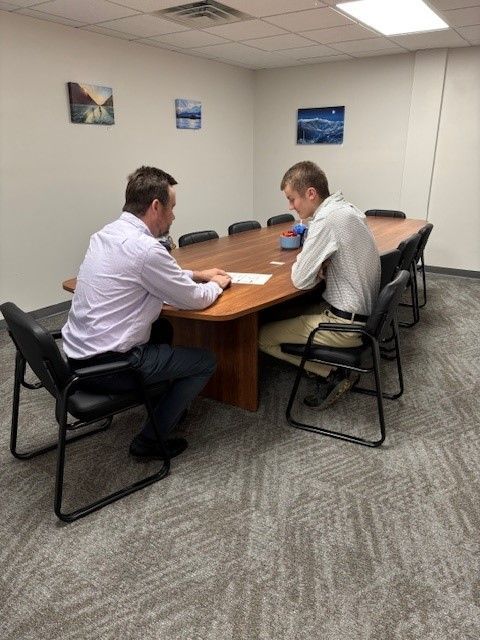Selling Your Home in Vermont? Here's What You Need to Know About Disclosures

When selling a property in Vermont, understanding the importance of disclosures to prospective buyers is crucial. This blog post aims to guide sellers through this process, highlighting why disclosures are essential and how they can prevent future legal issues.
Why Disclosures Matter
In real estate transactions, honesty is not just the best policy—it's a legal requirement. Disclosures are a seller's way of informing potential buyers about the property's condition and history. This transparency is vital for a couple of reasons:
- Building Trust: Full disclosure can build trust between the seller and buyer, leading to a smoother transaction.
- Legal Protection: It helps protect sellers from future legal disputes. If a buyer discovers an undisclosed problem after the sale, they might take legal action against the seller.
The Vermont Sellers Property Information Report (SPIR)
In Vermont, the Realtor Association provides a helpful tool for this process: the Sellers Property Information Report (SPIR). This report is a comprehensive checklist that covers various aspects of the property, ensuring sellers don't overlook any critical details.
Material Defects: A Key Disclosure
One of the most important disclosures is about material defects. A material defect, in legal terms, refers to a problem with a property that is significant enough to potentially affect the decision-making of a reasonable buyer or affect the value of the property. The defect must be significant and substantial, not merely a minor or cosmetic issue. It should be something that would have a meaningful impact on the property's use, value, or safety. Material defects are typically issues that are not immediately observable or known to a buyer.
Examples of material defects in real estate could include a faulty foundation, significant roof damage, mold problems, or a malfunctioning heating and cooling system. These are issues that could significantly impact a buyer's use, enjoyment, or the safety of the property, as well as its value.
In Vermont, failing to disclose material defects can have legal ramifications. If a seller knowingly hides such defects, they could be sued for fraud or breach of contract.
Beyond Material Defects: Other Crucial Disclosures
Sellers should consider disclosing other aspects too, including:
- Neighborhood Issues: This might include zoning changes or planned developments that could affect the property.
- Deaths in the Home: While not legally required in Vermont, disclosing deaths, especially if they were violent or unnatural, can prevent future issues.
- Repairs and Renovations: Detailed records of past repairs can assure buyers of the property's maintenance history.
- Hazards: This includes natural hazards or environmental issues like radon gas presence.
- Stigmatized Properties: Homes with a history of paranormal activity, famous previous owners, or notorious events should be disclosed to avoid stigmatization issues.
The Consequences of Misrepresentation or Failure to Disclose
Misrepresenting or failing to disclose crucial information can have significant impacts, such as:
- Legal Action: Buyers may sue for damages, rescind the sale, or demand compensation for undisclosed defects.
- Reputation Damage: A seller’s reputation in the real estate market can be severely damaged, affecting future transactions.
In summary, effective disclosure is not just about adhering to legal requirements; it's about ensuring a fair, transparent, and smooth property transaction. By using tools like the SPIR and being honest about the property's condition, sellers in Vermont can protect themselves from legal trouble and maintain a good standing in the real estate market.
Remember, when in doubt, it's always better to disclose. Transparency is the cornerstone of a successful and legally sound real estate transaction.










